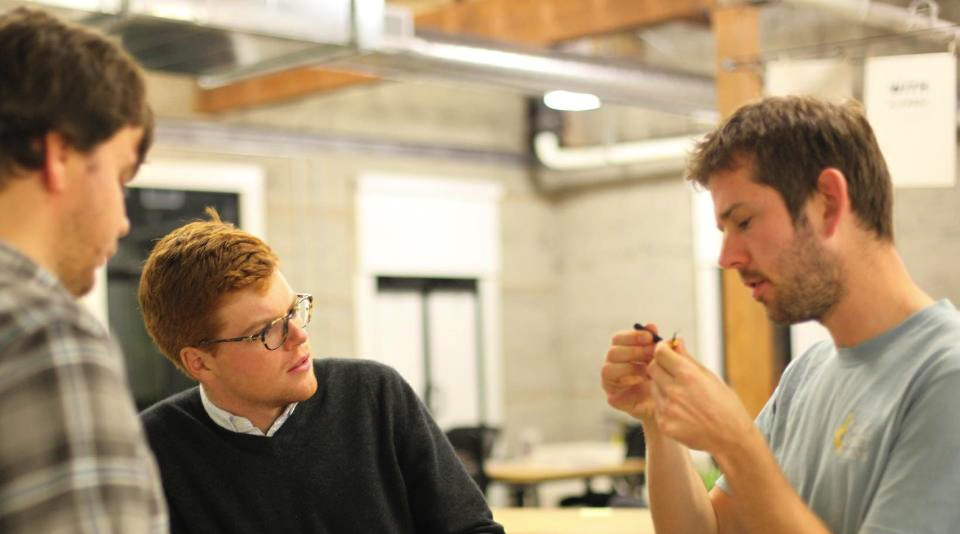Open-source mobile technology delivering vital data cheaply and accurately isn't just a pipe dream, says Jim Yoon of WellDone International.
Published on: 29/08/2013
I work with WellDone International, a San Francisco-based non-profit organisation developing technologies to improve water and electricity infrastructure in remote, under-served areas. Our current focus at WellDone is the development of MoMo, an open-source mobile technology that allows donors, businesses, governments, and NGOs to aggregate sensor data from remote infrastructure (eg power and water systems) inexpensively.
As more users become engaged, more data becomes available. As more data becomes available, better benchmarks can be established.
In the big picture, our team is keenly interested in the ways that more reliable, transparent, and open data can improve the delivery of basic human services. The WASHCost Calculator is an exciting step towards filling a massive data and knowledge gap in the WASH sector; namely, how much does it actually cost to maintain lasting water, sanitation, and hygiene services in rural and peri-urban areas? At its most basic level, the WASHCost calculator is a powerful tool able to perform budget calculations and sustainability checks for WASH programs.

More significantly, the WASHCost Calculator has the potential to become an online gathering space for WASH practitioners, a forum for the collection of critical cost data from the donors, governments, community organizations, and service providers who are actively engaged in WASH work. IRC’s WASHCost research program has already made significant strides in honing in on the true costs of WASH services within its focus areas. Now, what if the WASHCost Calculator can serve as a platform to crowdsource that question to new regions, new service levels, new technologies?
The WASHCost Calculator excites us because it has the potential to serve as a dynamic, catalytic tool for the WASH sector. As more users become engaged, more data becomes available. As more data becomes available, better benchmarks can be established. As better benchmarks are established, smarter financial planning becomes possible and organizations can be more effectively held to mutual account. All this has the potential of shifting both dialogue and practice in the WASH sector from fixation on isolated projects to delivery of lasting WASH services. Certainly, this shift is already happening, but perhaps it can ripple its way to practitioners throughout the world in the form of a simple online tool.
At IRC we have strong opinions and we value honest and frank discussion, so you won't be surprised to hear that not all the opinions on this site represent our official policy.